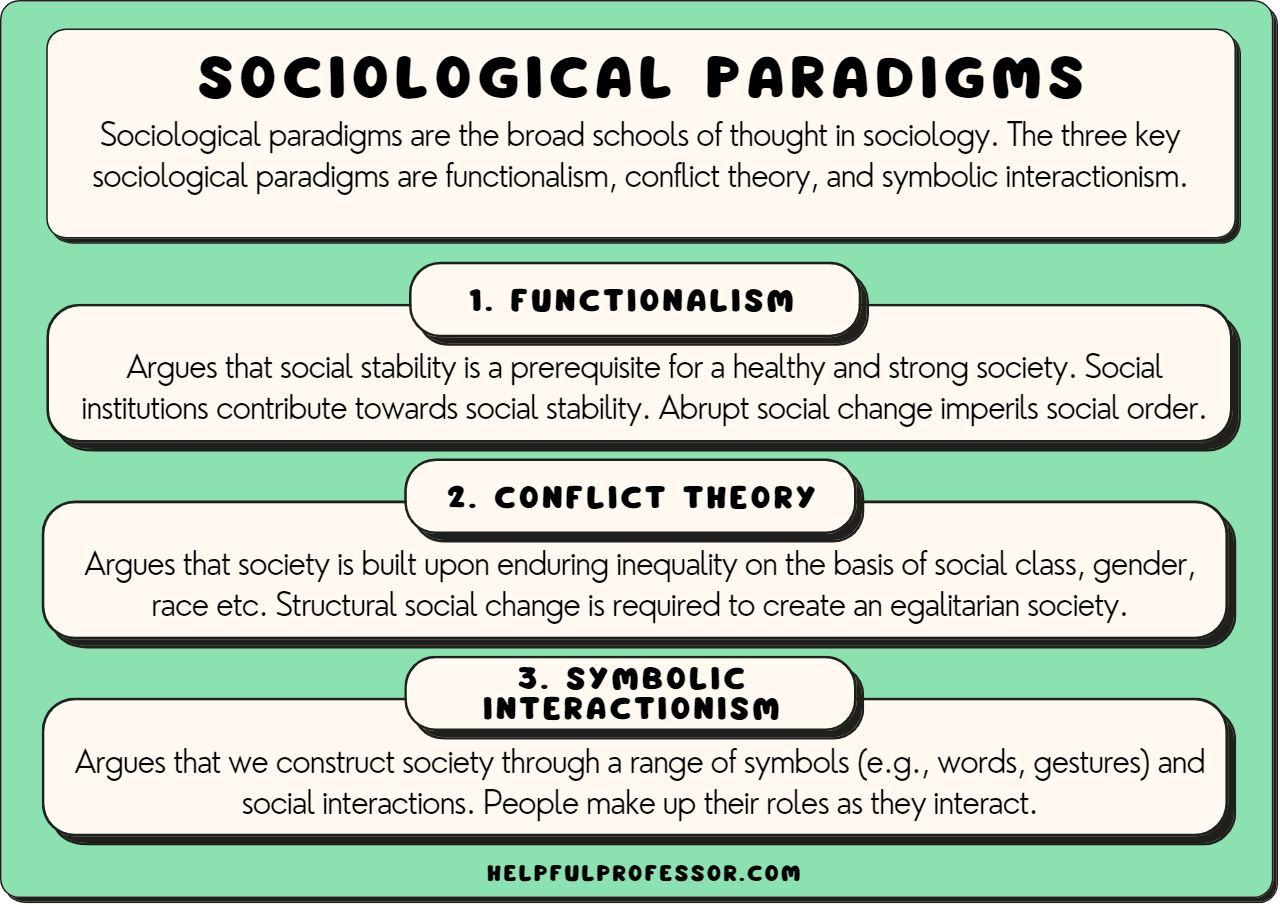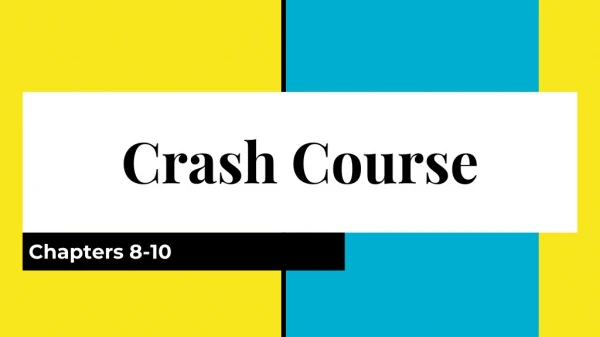Theory & Deviance Crash Course Sociology #19

Hey there, curious minds! Ever wondered why some folks follow the rules, and others… well, let’s just say they color outside the lines? Buckle up, because we’re diving headfirst into the wonderfully weird world of sociological theories about deviance!
What's the Deal with Deviance?
Deviance isn't just about robbing banks or jaywalking. It’s anything that breaks the social norms, those unspoken rules that keep society chugging along. Think of it as the social equivalent of wearing socks with sandals – a minor offense, but still… a statement!
Sociologists have cooked up some truly fascinating theories to explain why deviance happens. We're going to explore a few of the most popular ones, making sure to keep it light and relatable.
Strain Theory: The "American Dream" Dilemma
Imagine a world where everyone is told they can achieve the "American Dream" – wealth, success, the whole shebang. But what happens when some people don't have the means to reach that dream through legitimate channels?
That's where Robert Merton's Strain Theory comes in! It argues that when there's a gap between societal goals and the means to achieve them, people might resort to deviance. Think of it like this: if you're told you need the newest iPhone to be cool, but you can't afford it, you might be tempted to… borrow… it from a friend. Okay, maybe not, but you get the idea!
Control Theory: Ties That Bind (or Break)
Ever wonder why you *don't* commit crimes, even when you're super tempted? Control Theory, championed by Travis Hirschi, suggests it's because of our social bonds. We’re all restrained by the social connections we have.
Strong family ties, a good job, involvement in the community – these are the things that keep us in line. If those bonds weaken or break, the temptation to deviate increases. It's like a social safety net. If the net has holes, you might fall through!
Differential Association Theory: You Are Who You Hang Out With
This theory is all about peer pressure, but with a sociological twist. Differential Association Theory, developed by Edwin Sutherland, suggests that we learn deviant behavior from the people we hang out with.
If you spend all your time with bank robbers, chances are you'll pick up a thing or two about robbing banks. On the other hand, if you surround yourself with choir singers, you're more likely to learn how to belt out a hymn. The more you hang out with deviants, the more you will also adopt their thinking.
Labeling Theory: The Power of Perception
Sometimes, it's not the act itself, but how society *reacts* to the act that determines whether someone becomes a "deviant." That's the core of Labeling Theory.
Imagine two kids who both steal candy. One gets caught and labeled a "troublemaker," while the other gets away with it. The labeled kid might start to internalize that label and act accordingly, leading to more deviance. It's a self-fulfilling prophecy. The negative labeling might cause the kid to engage in further criminal activity.
"The deviant is one to whom that label has successfully been applied; deviant behavior is behavior that people so label." - Howard Becker, Outsiders
Putting it All Together
So, what have we learned? Deviance isn't just random acts of rebellion; it's a complex social phenomenon shaped by factors like blocked opportunities, weak social bonds, peer influence, and societal reactions. Each of the theories helps to illuminate the reasons behind deviant behaviors.
These theories aren’t perfect, of course. But they give us a framework for understanding why people break the rules, and how society responds. It's a wild and fascinating ride, isn't it?
Now go forth and ponder the mysteries of deviance, and remember: sometimes, a little bit of rule-breaking can lead to innovation and change. Just don't get caught wearing socks with sandals.

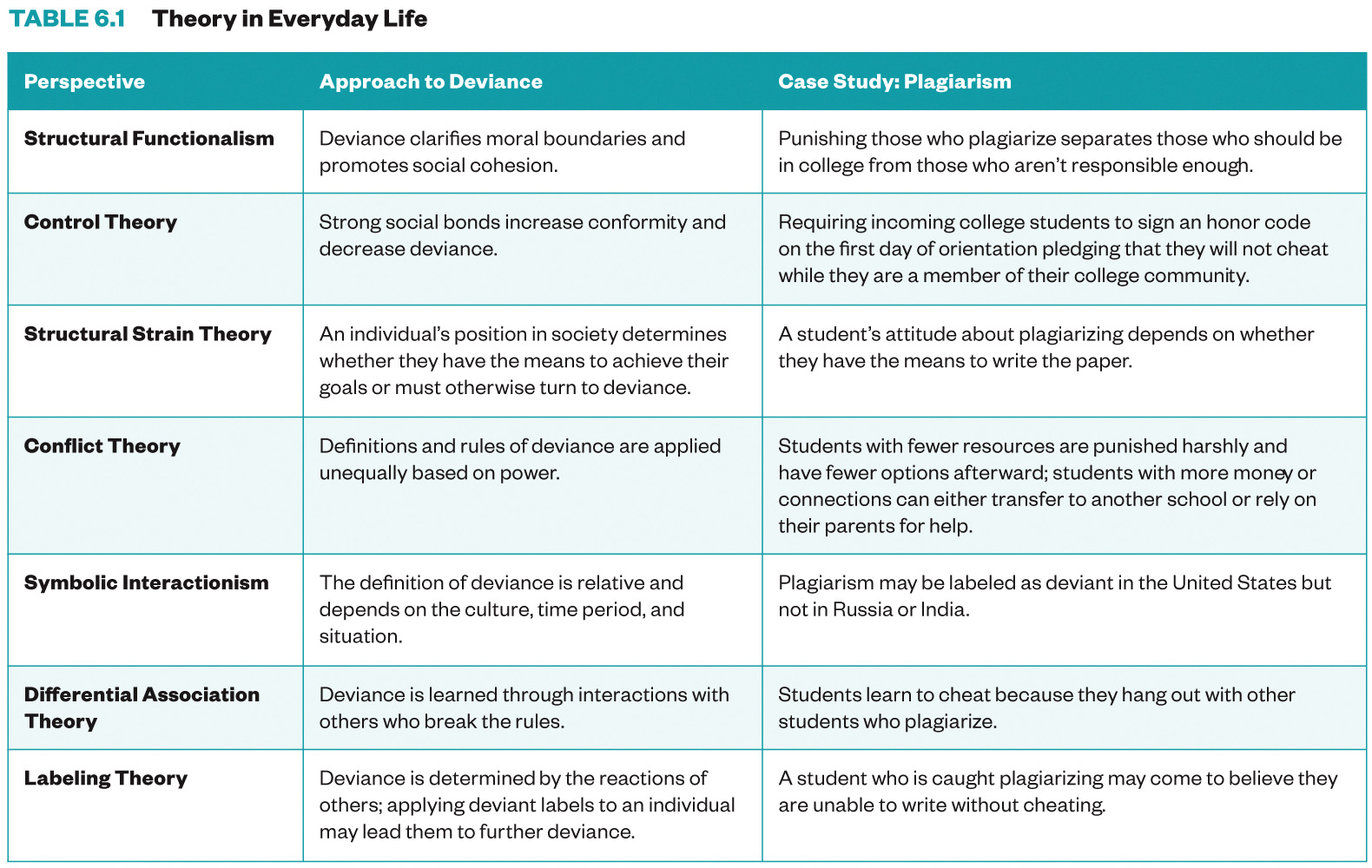
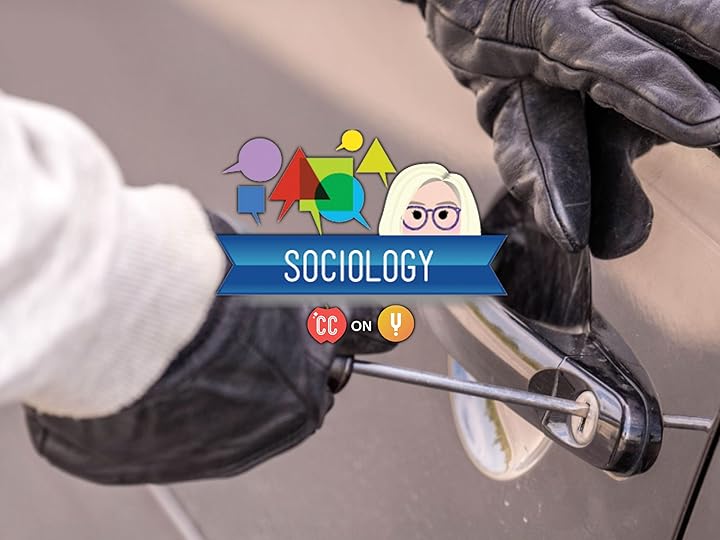




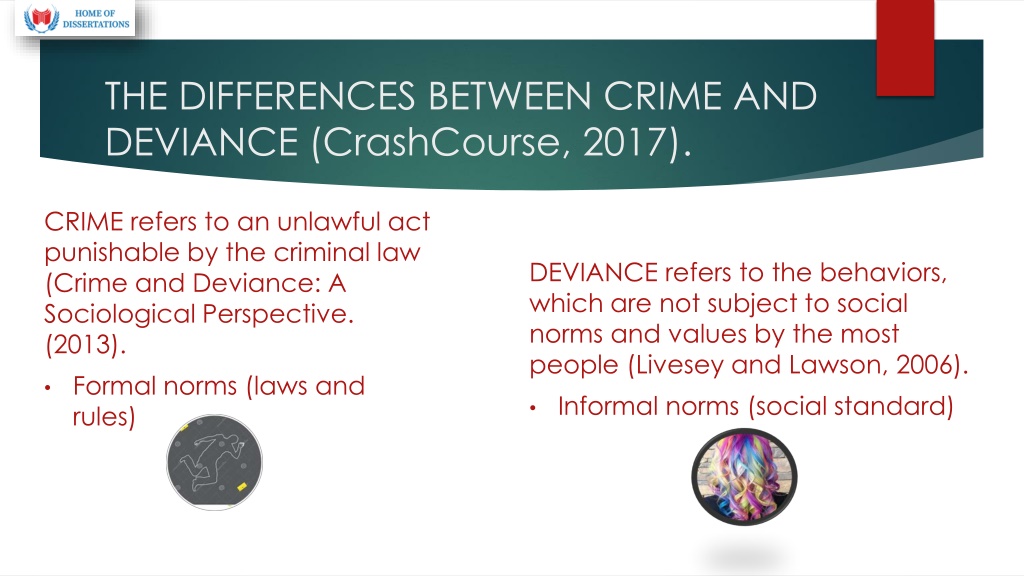


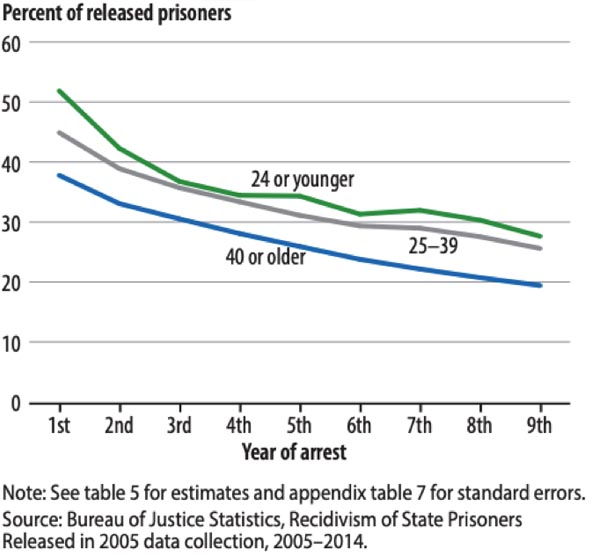




![Theory & Deviance Crash Course Sociology #19 【统计学速成课】Statistics - [45集全/中英双语] - Crash Course Statistics-bilibili(B站](http://i2.hdslb.com/bfs/archive/3d37686d1cb53309504f5f35955257a44b4e28fb.jpg)
